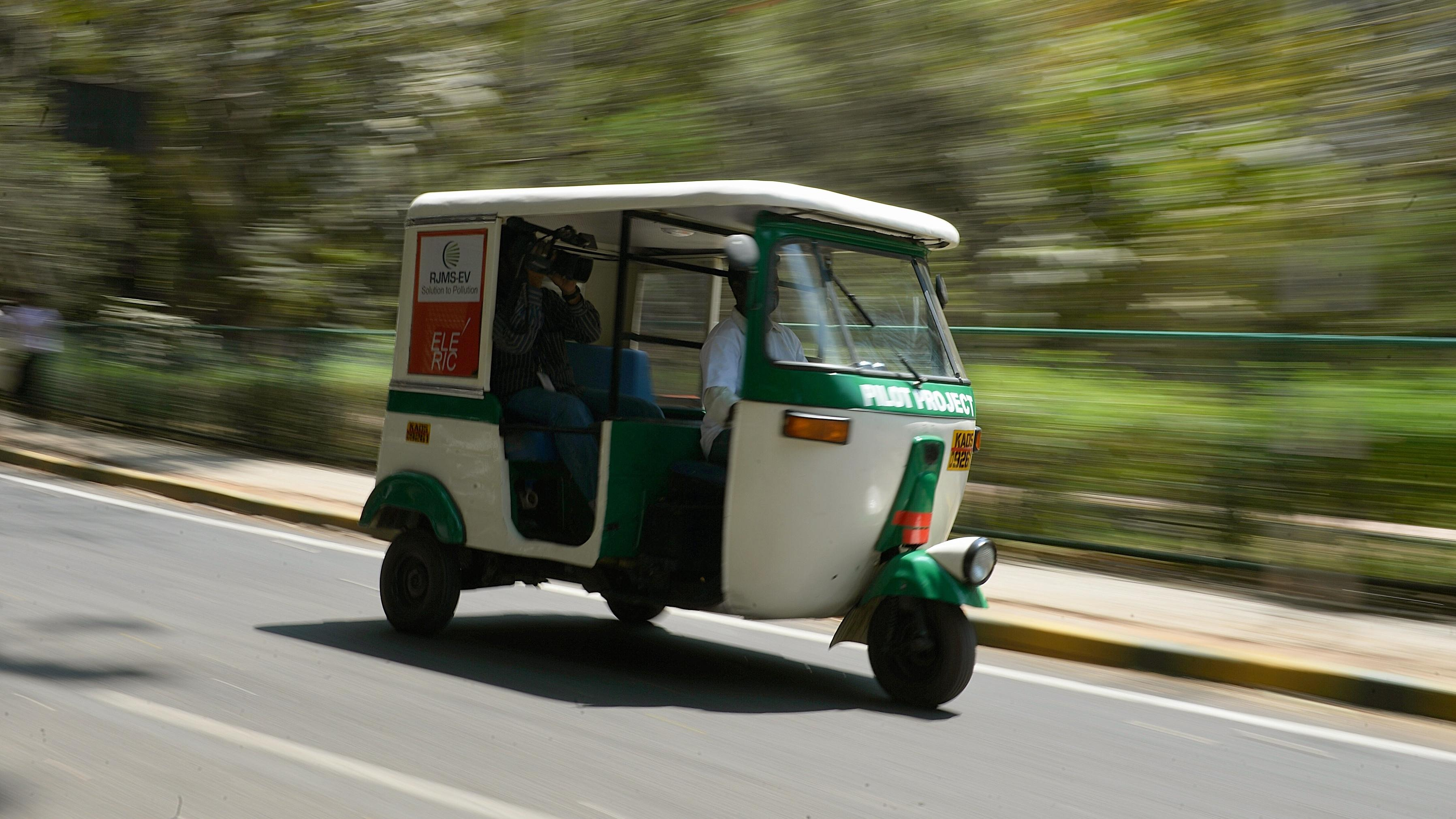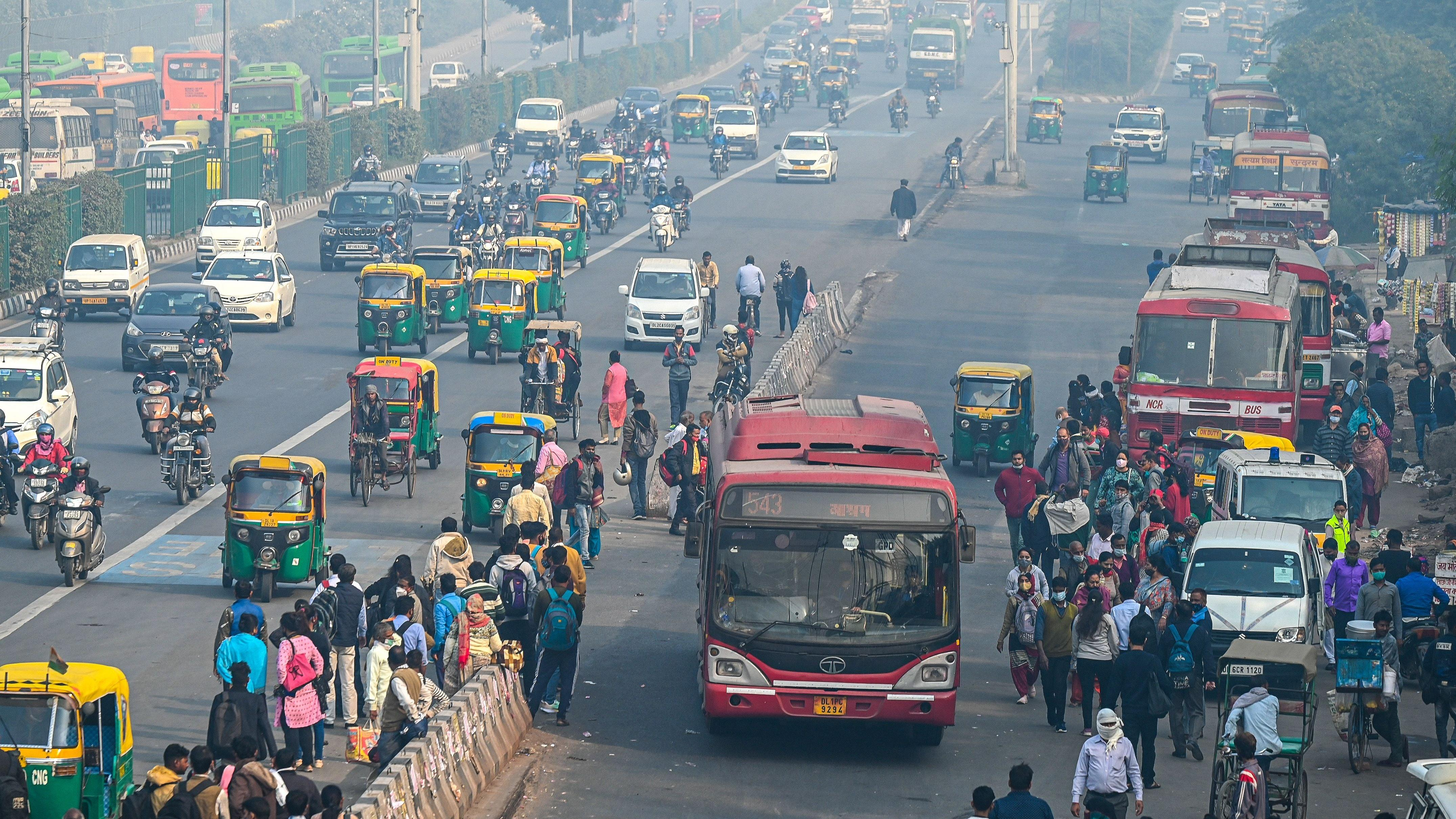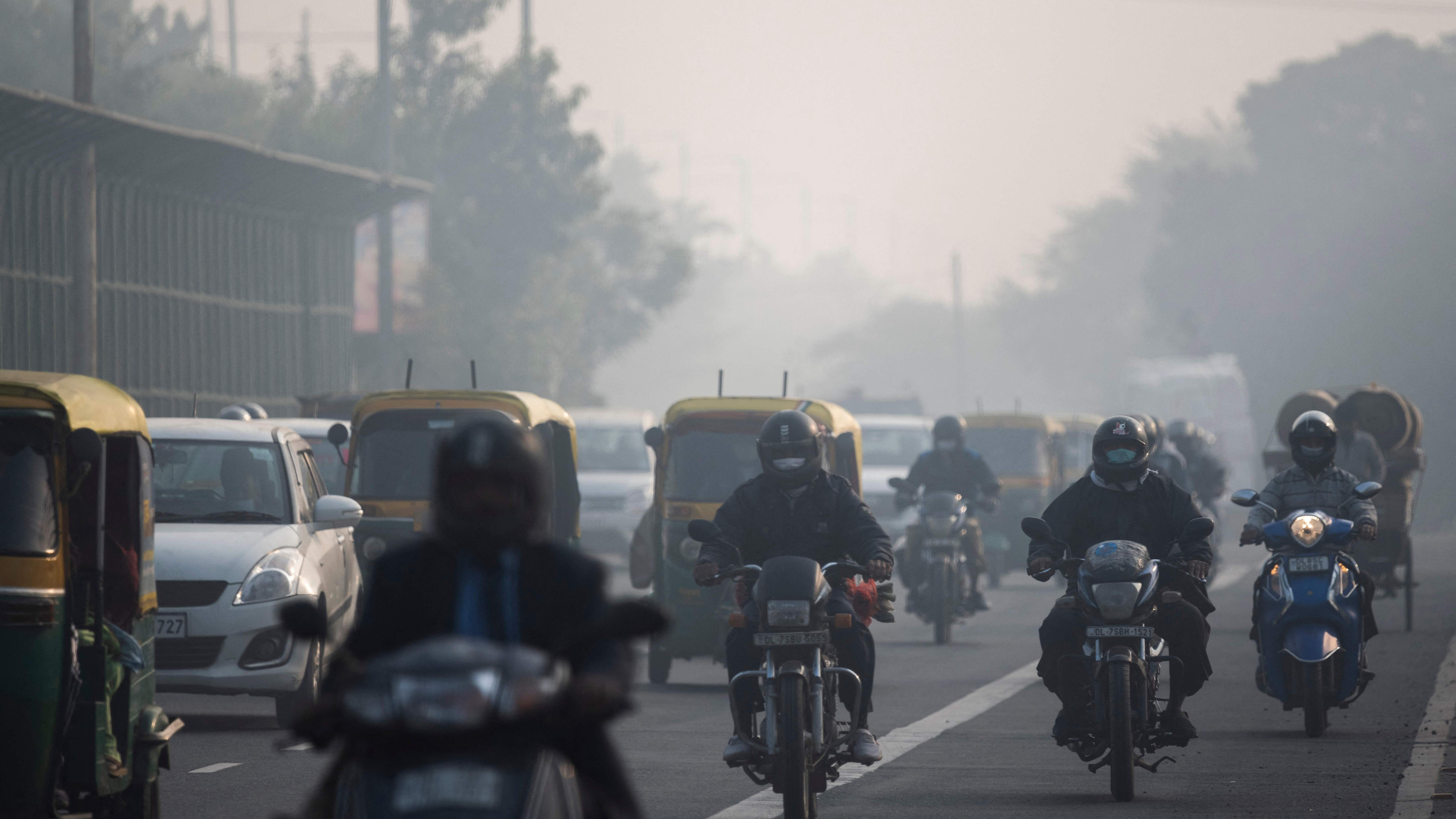India's Government Is Pushing For Swappable Battery Stations And It Could Usher In Standardization
Private companies can innovate all they want, but government policy can help set standards faster
The Indian government is enacting policy to make swappable battery stations for two-wheelers ubiquitous throughout the South Asian country. Companies like Gogoro, Hero and Honda had already announced their own plans to build more swappable battery stations in India, but the government is officially pushing for wider use of the technology, according to a report from Reuters.
India's government will give $6 billion to companies adopting the use of battery exchange stations, among other EV tech. This is part of a plan to reduce carbon emissions by up to 35 percent, as outlined in the Paris Climate Agreement. And how Prime Minister Narendra Modi and his administration reportedly plan to get EV two- and three-wheelers to make up for 40 percent of all sales by 2030.

I'm wary but a little hopeful, too, because this could point to imminent battery standards not just in India but everywhere bikes and scooters are used. Battery swap stations could service more riders if batteries conformed to some standard across all makes and models.
Finance Minister Nirmala Sitharaman briefly brought up standards in a speech she delivered Tuesday, regarding the push for battery swap stations. From the Economic Times:
"For setting up battery stations at scale a battery swapping policy will be brought out and interoperability standards will be formulated," FM Sitharaman said.
"The private sector will be encouraged to develop sustainable and innovative models for battery and energy as a service which will increase efficiency in EV ecosystem," she added.
The finance minister said swappable battery stations could encourage wider EV adoption because they address the issues of range anxiety and limited space constraints in cities, per Reuters. She's likely right about the lack of space needed to build enough charging stations for EVs to reach wide-scale adoption, especially in densely populated areas.
But the idea that governments and private companies are starting to agree that EV two-wheelers would benefit from battery standards is really pretty great.
India is a big — if not the biggest — market for motorcycles and scooters. Also, rickshaws. You can bet that standardization for EV bike batteries there can influence other markets. Maybe even bikes in the U.S., too.

